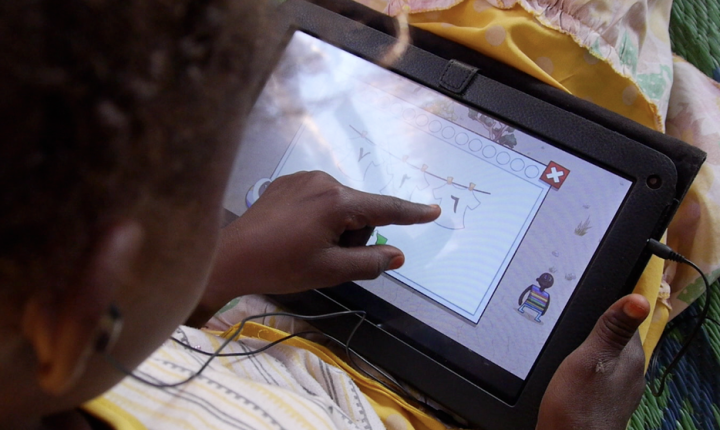
If there is one critical weapon in the fight against inequality, it’s education. After all, Google points out, there remain 130 million students around the world have yet to fully grasp basic subjects like reading and math, even after four years of primary education. But now, the tech giant is hoping to tackle this problem head on by way of $50 million in grants to nonprofits “building tech-based learning solutions,” all of which are geared toward closing the education gap.
Already, Google has given more than $110 million over the course of the last five years with this goal in mind. But this latest announcement serves as Google’s “largest dedicated portfolio” to date and focuses on nine organizations representing countries from across the world. Not only will Google be providing financial support but Google volunteers will also aid in various areas of expertise, including user experience design, translation, offline functionality, and data analytics.
“Our education grants will focus on three areas where technology can help: giving more students access to quality learning materials, supporting teacher development, and reaching students in conflict zones,” Google noted in a blog post announcement. “Around the world, students in low-income communities have to learn with fewer books, out-of-date texts, and materials that are culturally irrelevant or even in the wrong language.” But with technology, Google hopes to overcome geographic and financial hurdles, and provide students with educational resources that are engaging, interactive, and ultimately, effective.
Google will focus primarily on three key issues — first, giving students the right materials to succeed; second, keeping teachers trained and engaged; and finally, helping students learn in crisis. You can stay up to date on Google’s progress by signing up for the company’s education email list.


